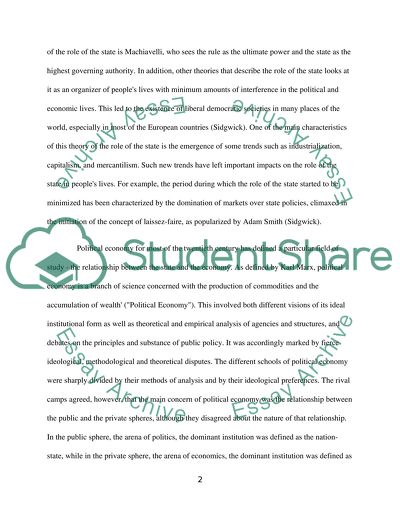Cite this document
(“To What Extent Did Adam Smith Offer A Critique Of Free Market Essay”, n.d.)
Retrieved de https://studentshare.org/history/1438775-to-what-extent-did-adam-smith-offer-a-critique-of
Retrieved de https://studentshare.org/history/1438775-to-what-extent-did-adam-smith-offer-a-critique-of
(To What Extent Did Adam Smith Offer A Critique Of Free Market Essay)
https://studentshare.org/history/1438775-to-what-extent-did-adam-smith-offer-a-critique-of.
https://studentshare.org/history/1438775-to-what-extent-did-adam-smith-offer-a-critique-of.
“To What Extent Did Adam Smith Offer A Critique Of Free Market Essay”, n.d. https://studentshare.org/history/1438775-to-what-extent-did-adam-smith-offer-a-critique-of.


